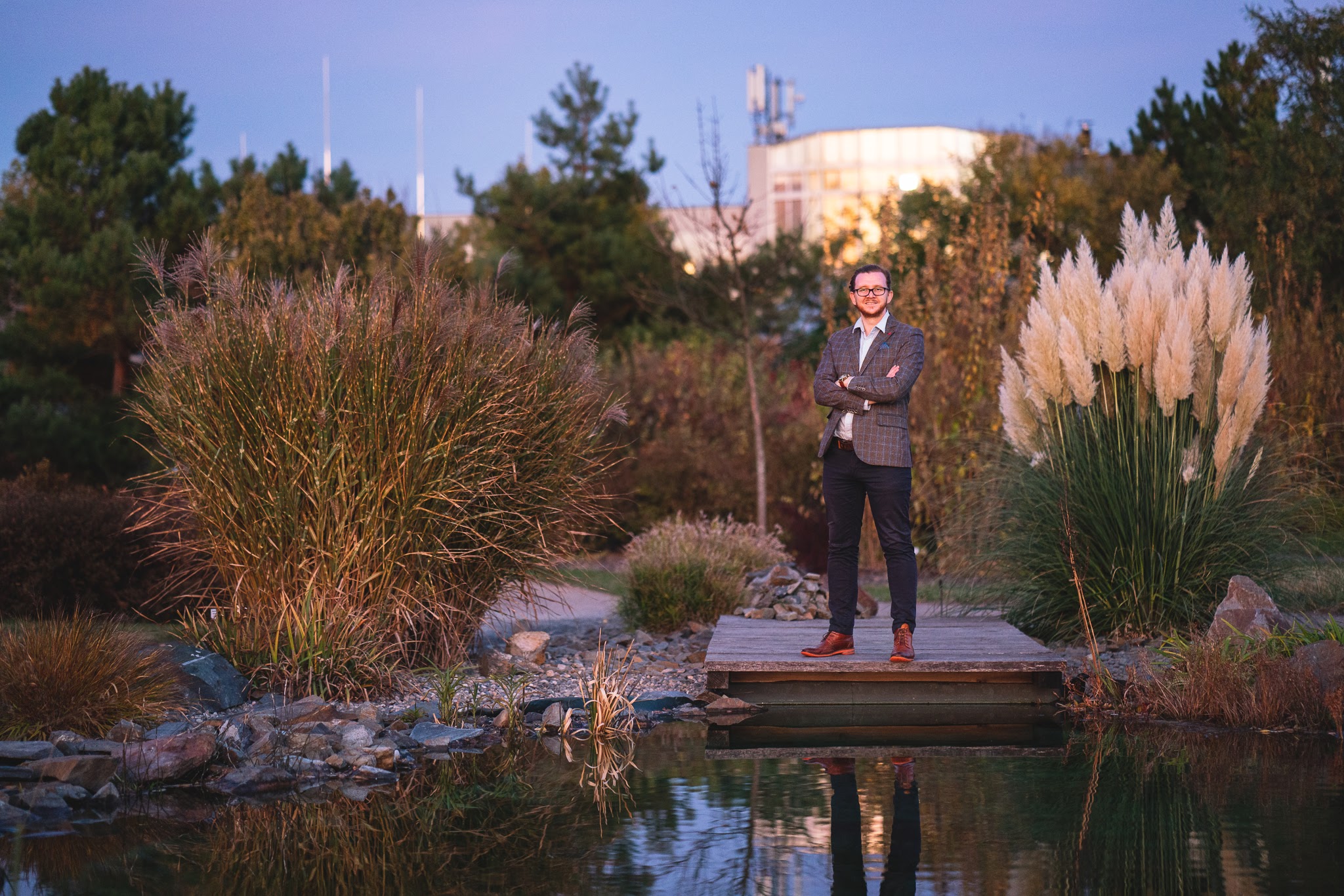We use cookies and similar technologies on the websites of the Czech University of Life Sciences Prague (under the domain czu.cz) to ensure the proper functioning of the website. With your consent, we also use them to measure traffic (Google Analytics 4), analyze website performance, and for marketing purposes (Meta, Sklik, Google Ads), including displaying embedded videos (YouTube). Information about how you use our websites may be shared with our partners in the fields of analytics, social media, and online advertising. Essential cookies are always active. You can change or revoke your cookie preferences and consent at any time in "Cookie Settings."
These cookies are required for the basic operation, security and proper display of the website and cannot be switched off.
These cookies help us understand how the website is used and improve its performance. They are enabled only with your consent.
These cookies are used to measure campaign performance and may be used for remarketing. They also enable embedded YouTube videos; when enabled, YouTube may store cookies and process data according to its own policies. They are enabled only with your consent.
You can change or withdraw your consent at any time via “Cookie settings” in the website footer.
We store your choice for 12 months.

